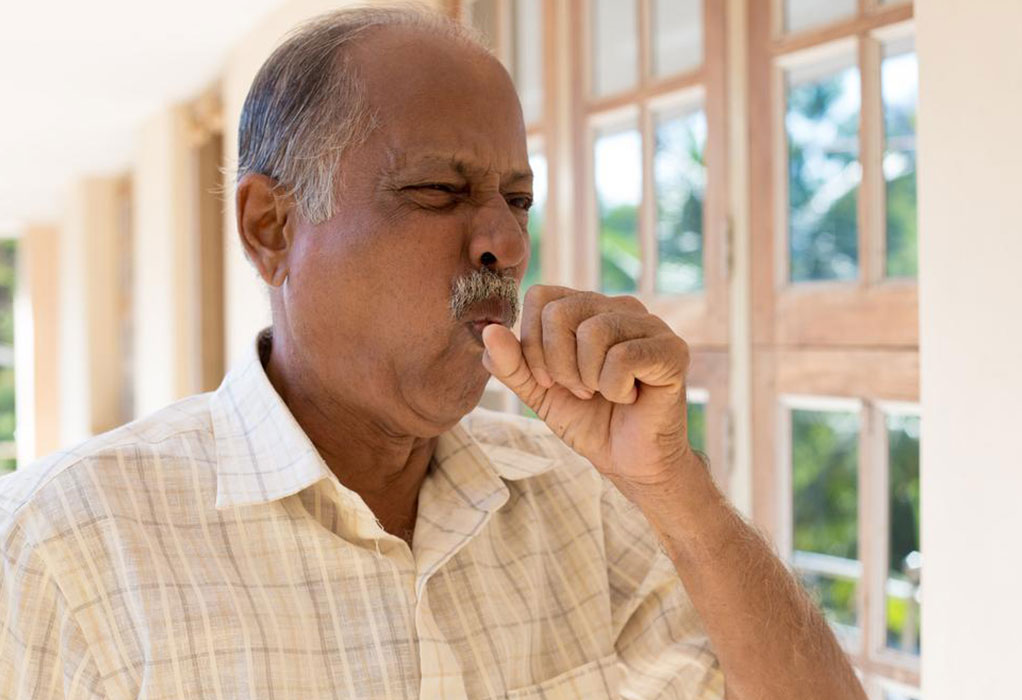Effective Strategies to Alleviate Dry Coughs
Discover effective methods to manage and treat dry coughs, including home remedies, lifestyle changes, and when to seek medical advice. Protect your respiratory health with practical tips and prevent complications from underlying conditions.
Effective Strategies to Alleviate Dry Coughs
How to manage a dry cough
Dry coughs are often uncomfortable and irritating, characterized by a cough that produces no mucus or phlegm. The sensation in the throat includes persistent dryness and a slight, nagging pain, often accompanied by a feeling of constriction.
This symptom can be caused by various conditions, from common colds to more serious issues like asthma, viral infections, or heart problems. Regularly identifying the root causes and consulting healthcare professionals is essential for proper management.
Common causes of dry cough
The reasons behind a dry cough are diverse and sometimes appear less severe. Preventive care is always preferable to treatment. Those with ongoing health issues or family histories of illness should stay vigilant. Some leading causes include:
Exposure to cold or polluted air
Cold air can irritate the respiratory system, causing throat dryness and cough. Breathing in contaminated air can exacerbate symptoms, especially in sensitive individuals.
Viral and bacterial infections
Infections such as common cold, influenza, tuberculosis, laryngitis, or hay fever can cause persistent dry coughs even after the illness subsides. When the body cannot expel the germs, the cough remains dry.
Cardiopulmonary conditions
Heart failure, lung disorders, or complications from conditions like lung cancer can trigger dry coughing. Inflammation or blood clots affecting these organs contribute significantly.
Medication side effects
Certain medicines, when misused or prescribed improperly, may lead to dryness in the throat and cause coughing as a side effect.
Remedies and management tips
Stay Hydrated
Drinking plenty of fluids, especially warm water with honey or caffeine-free teas, helps soothe the throat and facilitates mucus clearing, promoting healing.
Get Adequate Rest
Elevate your head with pillows during sleep to reduce throat irritation and help fight infections. Proper rest supports immune function and recovery.
Avoid irritants and inhale clean air
Protect yourself from polluted or cold air by wearing masks or scarves outdoors, and ensure hygiene practices like washing hands before eating.
Use Soothing Cough Drops
Choose reputed brands, and avoid excessive use. Some drops help soothe the throat, but ensure they are suitable for your age and health condition.
Seek Medical Advice
Consulting a healthcare provider is vital, especially if symptoms persist or worsen. Proper diagnosis helps prevent serious complications.
Quit Smoking
Smoking damages the respiratory tract and intensifies dry coughs, along with risks of asthma and other lung diseases. Quitting is crucial for respiratory health.
Vigilance regarding causes and prompt treatment can significantly reduce complications associated with dry coughs. Individuals with pre-existing health issues or substance abuse problems should seek professional help immediately to prevent escalation.










